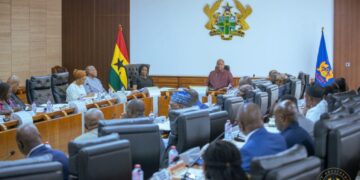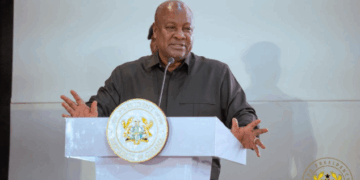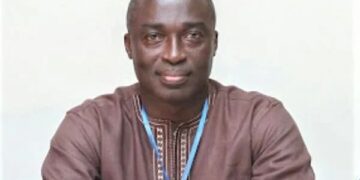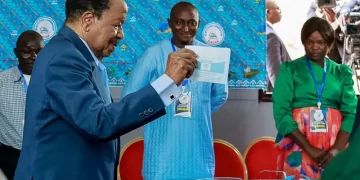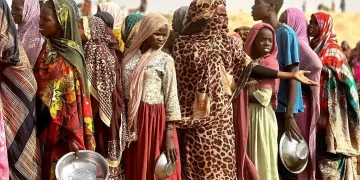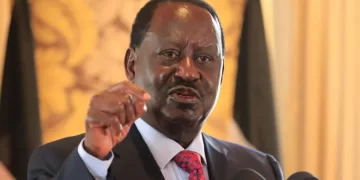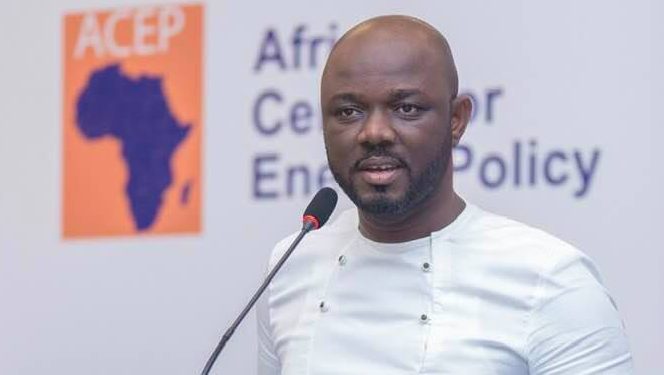The executive director at the Africa Centre for Energy Policy, Benjamin Boakye has stressed that corruption is on the rise in the energy sector and affecting the flow of electricity which is currently affecting neighbouring countries.
He asserts that there should be collective efforts by all Ghanaians and stakeholders to discuss meaningful strategies to improve the economy.
He is therefore urging stakeholders such as the media, civil society organisations and other regulatory bodies to be watchdogs and vigilant in ensuring accountability with how projects are implemented.
“The road ahead requires a collective effort, and all of us need to get involved in tracking how public finances are managed, and how the revenues we contribute to the state are utilized. If we can deliver on those, we will be able to chart a path that deviates from consistent return to the IMF,” he stressed.
Benjamin Boakye spoke at the National Economic Forum organized by Media General in collaboration with the Africa Centre for Energy Policy and Economic Governance Platform under the theme: Building an Economy Beyond IMF Bailouts.
The event is an annual forum aimed at offering in-depth analysis, discussions and debate on key factors affecting Ghana’s economy and finding solutions to aid the country overcome challenges to enhance economic development in the country.
According to Statistics from an IMF Press briefing in 2023, Ghana has visited the International Monetary Fund (IMF) for 17 consecutive times under different governments since the post-independence era.
The nation is currently in discussion with the International Monetary Fund for the release of the third tranche of bailout support from them.
Mr. Boakye pinpointed the many instances where public resources and assets have been abused resulting in frequent visits to the IMF for bailouts.
He said that is the reason behind the forum and the call to all across the nation and beyond, ‘for us to have a conversation on how we deviate from this defect that keeps us going back to the IMF and ensure that we can build an economy that thrives on our efforts, that thrives on our resources.”
A professor in Accounting at the University of Ghana Business School, Professor Godfred Bopkin attributed Ghana’s current economic crisis to expenditure management emphasizing that focus should be on how to impact spending decisions using the fiscal strategy provided by the Public Financial Management Act.
He added that there is a high possibility that Ghana would go back to the IMF after numerous encounters despite the debt the nation has accumulated. He cited this challenge to the mismanagement of public resources and lack of transparency and accountability on the side of the government.
He highlighted the importance of achieving better value for money in expenditures and addressing procurement challenges, particularly the prevalence of single or sole sourcing in significant transactions, which accounts for more than 80% of them.
He mentioned some countries have never visited the IMF for funds but have a thriving economy, citing Singapore and Malaysia.
Read also: UCC Inaugurates New Taxi Station on Campus
Source: Angelina Riley Hayford/ATLFMNEWS


